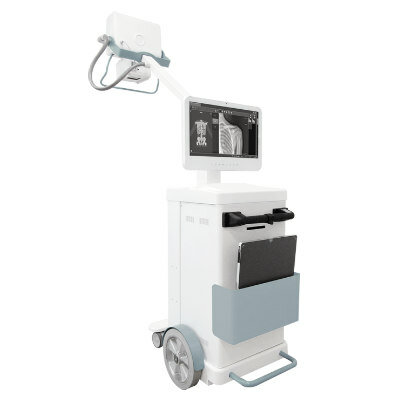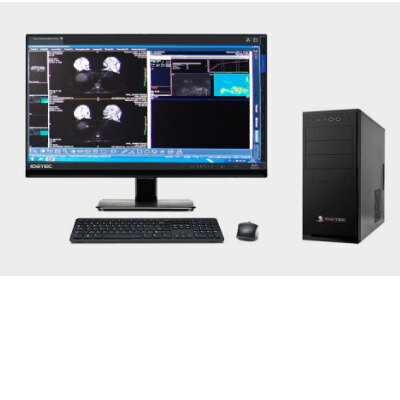MRI Reveals Brain Blood Flow Alterations in Multiple Sclerosis Patients
By MedImaging International staff writers
Posted on 04 Sep 2012
New magnetic resonance imaging (MRI) research revealed that alterations in brain blood flow tied to vein abnormalities are not specific for multiple sclerosis (MS) and do not add to its severity, in spite of what some researchers have hypothesized. Posted on 04 Sep 2012
Results of the study were published online August 22, 2012, in the journal Radiology. “MRI allowed an accurate evaluation of cerebral blood flow that was crucial for our results,” said Simone Marziali, MD, from the department of diagnostic imaging at the University of Rome Tor Vergata.
MS is a disease of the central nervous system in which the body’s immune system attacks the nerves. There are different types of MS, and symptoms and severity vary widely. Recent reports suggest a highly significant association between MS and chronic cerebrospinal venous insufficiency (CCSVI), a disorder categorized by compromised blood flow in the veins that drain blood from the brain. This solid connection has generated considerable attention from the scientific community and the media recently, raising the possibility that MS can be treated with endovascular procedures such as stent placement. However, the role of brain blood-flow alterations on MS patients is still unclear.
To examine this further, Italian researchers compared brain blood flow in 39 MS patients and 26 healthy control participants. Twenty-five of the MS patients and 14 of the healthy controls were positive for CCSVI, based on color-Doppler-ultrasound (CDU) findings. The researchers used dynamic susceptibility contrast-enhanced (DSC) MRI to assess blood flow in the brains of the study groups. DSC MR imaging offers more accurate assessment of brain blood flow than that of CDU. MRI and CDU were used to assess two different anatomical structures.
Whereas CCSVI-positive patients showed decreased cerebral blood flow and volume compared with their CCSVI-negative counterparts, there was no significant interaction between MS and CCSVI for any of the blood flow parameters. Furthermore, the researchers did not find any correlation between the cerebral blood flow and volume in the brain's white matter and the severity of disability in MS patients.
The study’s findings suggest that CCSVI is not a pathologic condition correlated with MS, according to Dr. Marziali, but possibly is just an epiphenomenon--an accessory mechanism occurring in the course of a disease that is not necessarily related to the disease. This determination is critical because, up to now, studies of the prevalence of CCSVI in MS patients have provided inconclusive findings.
“This study clearly demonstrates the important role of MRI in defining and understanding the causes of MS,” Dr. Marziali concluded. “I believe that, in the future, it will be necessary to use powerful and advanced diagnostic tools to obtain a better understanding of this and other diseases still under study.”
Related Links:
University of Rome Tor Vergata














